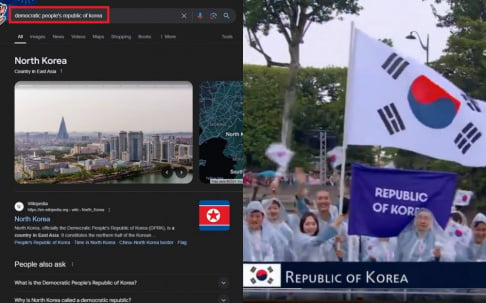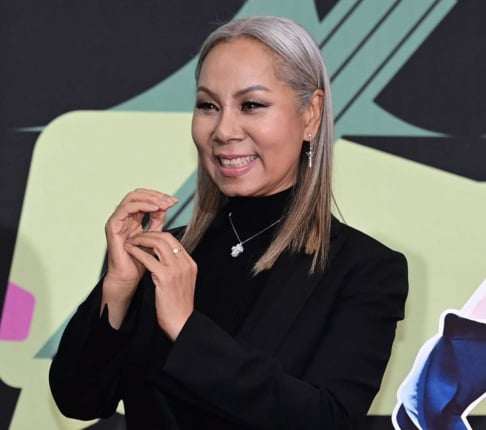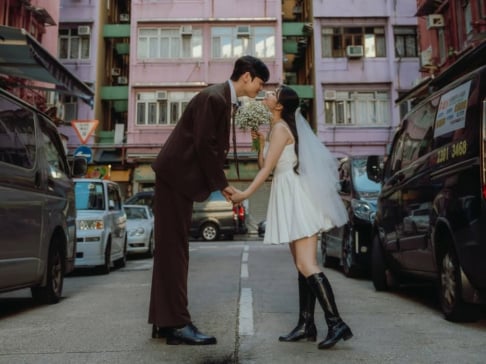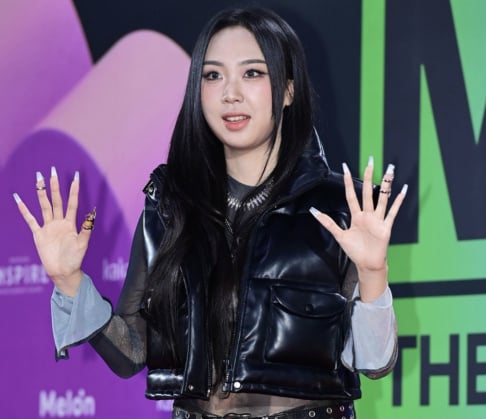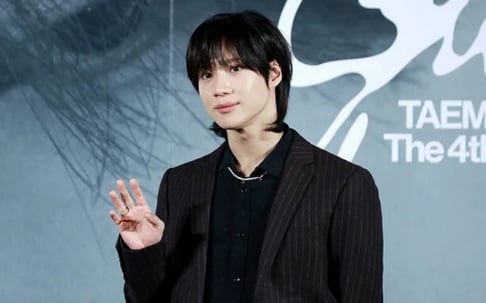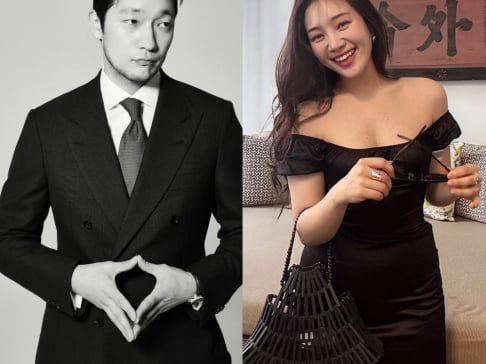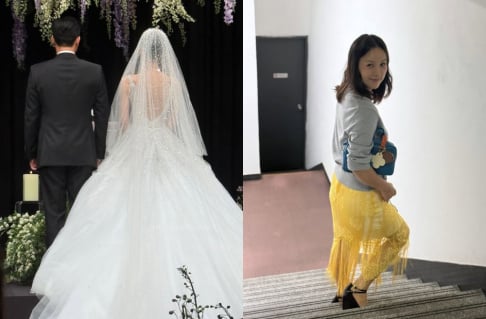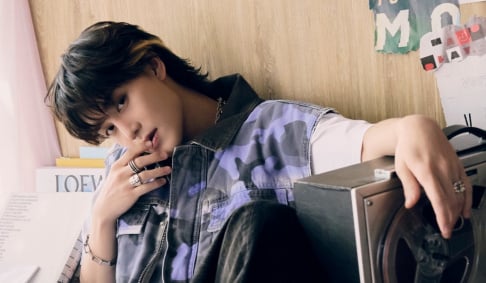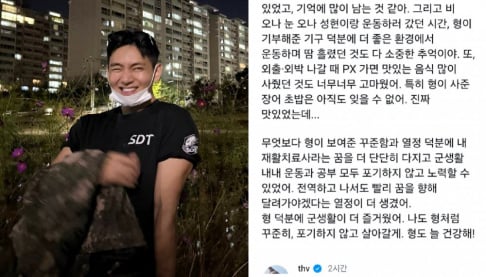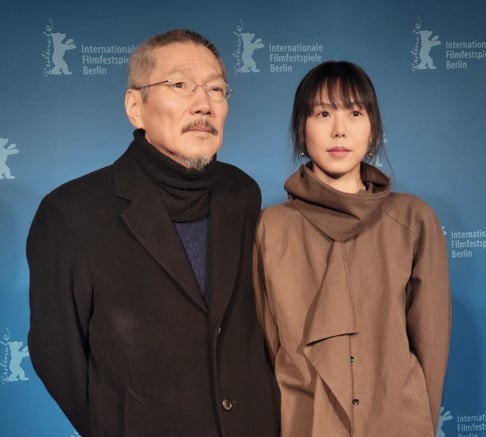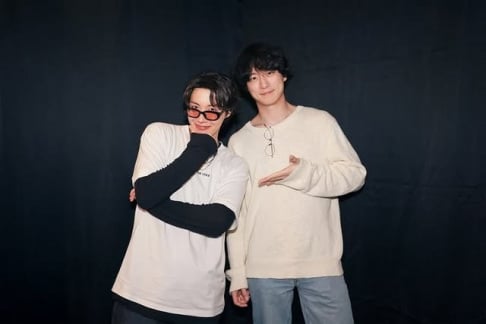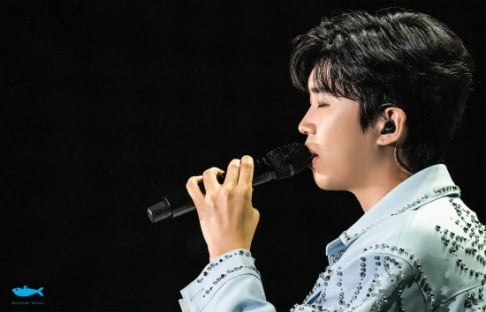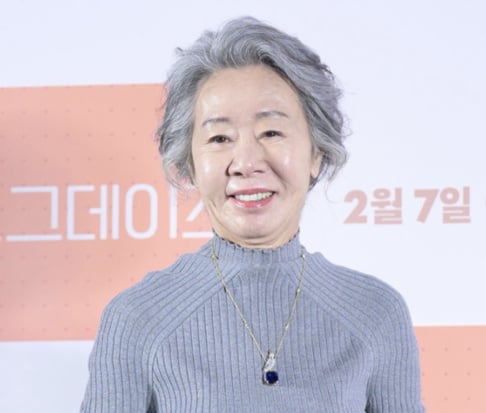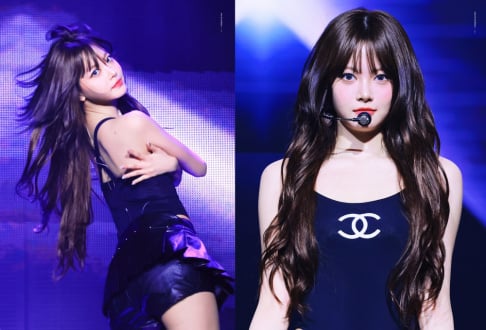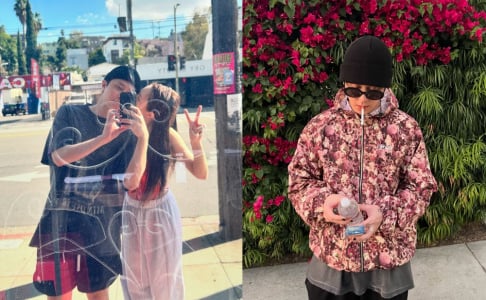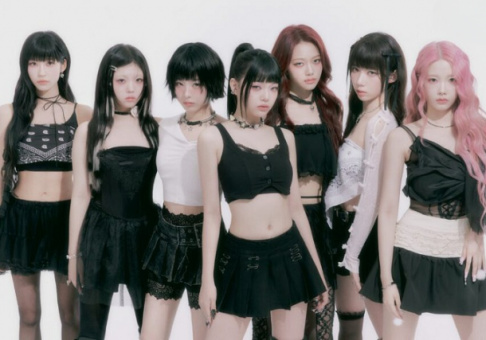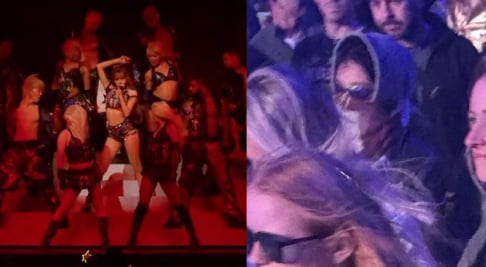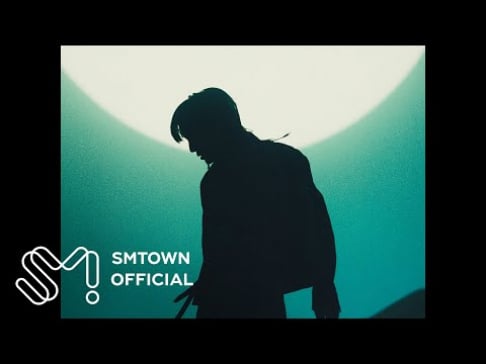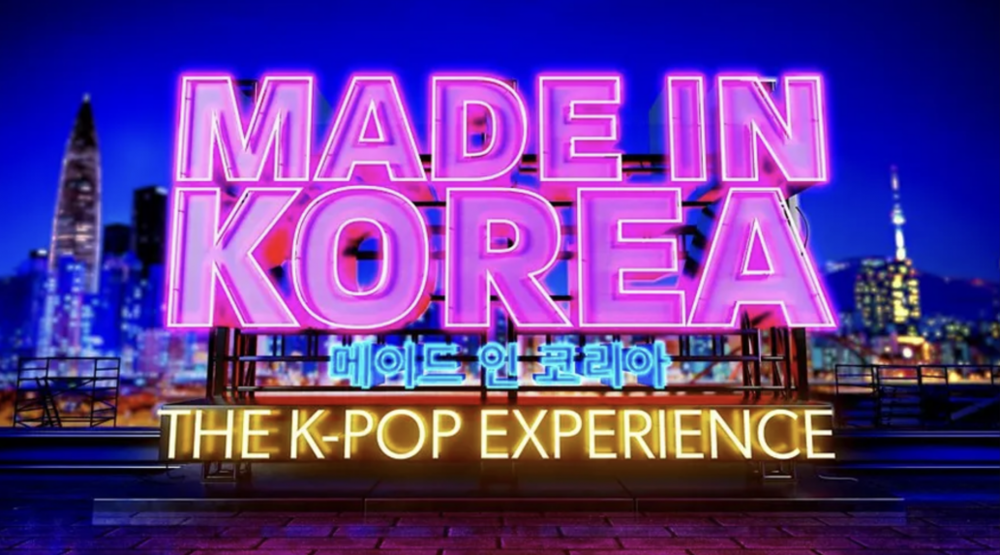
What happens when you take five UK males and put them through the process of becoming K-pop idols? The BBC recently announced they're picking up a new series titled “Made in Korea: The K-Pop Experience.” When the press release went public, many netizens had much to say.
For those unfamiliar with the series, “Made in Korea: The K-Pop Experience” is a collaboration between SM Entertainment and Kakao Entertainment America. It’s a six-part series documenting the journey of five boys who will travel from the UK to South Korea to train. The goal? To debut these boys as the newest band on a global stage. With the popularity and global expansion of K-Pop in the last few years, it was only a matter of time before something like this emerged. So, are we really surprised?
Rather than being surprised, many K-pop fans were quick to express their opinions about how bad of an idea this production is. Claims ranged from “I can just feel how cringey this is going to be,” to “Is there really a market for this?” and others expressing their thoughts through a simple “…” You may wonder, is this series so bad that it warrants such reactions even before its launch?
This isn’t the first time a non-Korean production company has tried to showcase the Hallyu wave. In 2023, Netflix released the spin-off of “To All the Boys I Loved Before” titled “XO, Kitty,” where Kitty Song attends boarding school in South Korea. Many viewers criticized the poor representation of K-Pop and Korean culture in the series, noting that it was cringey with random K-pop music blaring as background music in some scenes, and the script wasn’t up to par. This raises the question: how far are companies willing to go with the popularity of Korean entertainment?
As we transition into the fifth generation of K-idols, we are seeing a significant increase in fully international K-pop groups. HYBE recently debuted KATSEYE, a group with six members, of which only one is Korean. In 2020, BLACKSWAN debuted with a Korean member, but after various changes, they are now solely an international group. Additionally, there is the group XG, which consists entirely of Japanese members who are heavily influenced by K-pop and K-hiphop. This trend is sparking debate within the K-pop community. Many argue that K-Pop is inherently Korean, so creating a group without Korean members dilutes its authenticity, transforming it into just a pop group, rather than a true K-pop group.
Others point out that the likelihood of some of these fully international groups making it big is slim, given the fierce competition among existing Korean groups. While there have been successful groups with non-Koreans, such as SUPER JUNIOR, EXO, TWICE, and BLACKPINK, who have foreign members from China, Thailand, Japan, and more, creating an entire show focused on the concept of an all-international K-pop group is a different story. These established groups have managed to strike a balance by integrating a few foreign members into predominantly Korean line-ups, which has been well-received by fans. However, the challenge lies in whether an entirely international group can achieve the same level of success and acceptance in an industry that has traditionally emphasized its Korean roots.
Many also express concerns about how South Korea, Korean culture, and K-Pop will be portrayed on air. Will the show showcase the beauty of Korean culture and the Hallyu wave, highlighting the artistry, dedication, and global appeal that have made K-Pop a worldwide phenomenon? Or will it focus on negative aspects of Korean culture, potentially exaggerating or misrepresenting them for the sake of viewership ratings?
We’ll have to wait and see when it airs to determine the true impact of this series. But what are your opinions on this ambitious and controversial project? Do you think it will do justice to K-Pop and Korean culture, or do you share the concerns of many fans and critics?
 SHARE
SHARE

